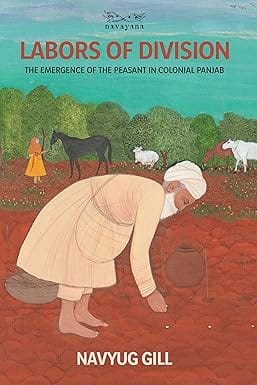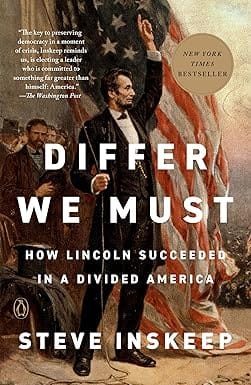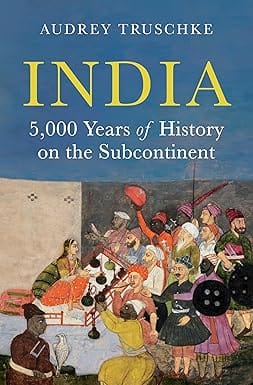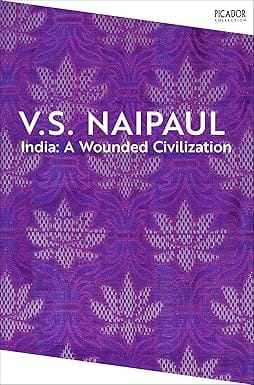- Contemporary Fiction
- Contemporary Fiction
- Children
- Children
- Comics & Graphic Novels
- Comics & Graphic Novels
- Non-Fiction
- Non-Fiction
- Fiction
- Fiction
How did the peasant become dominant in Panjab?
In 2020–21, a massive protest successfully rescinded three laws designed to deregulate India’s agrarian economy. The epicentre was Panjab—a region long considered the subcontinent’s breadbasket and home to a stalwart peasantry. In the public imagination, the Panjabi peasant is self-evident and timeless—a figure who has endured centuries of upheavals to arrive virtually unchanged into the present. This grand narrative assumes that peasantries have always existed everywhere in the world. Such claims conceal the modern transformation of agriculture and farmers.
Navyug Gill tells the story of how seemingly fixed categories of landowning peasants and landless laborers were produced, legitimized and challenged in colonial Panjab. The notion of a singular, caste-based and hereditary peasant emerged through a series of conceptual, racial, legal and monetary divisions. British officials and ascendant Panjabis disrupted existing forms of identity and activity to generate a new agrarian order, and thus reconfigured global capitalism. Labors of Division unsettles conventional histories to create possibilities for emancipatory futures.
About the Author
Labors Of Division The Emergence Of The Peasant In Colonial Panjab
SIZE GUIDE
- ISBN: 9788198067029
- Author: Navyug Gill
- Publisher: Navayana
- Pages: 376
- Format: Paperback
Book Description
How did the peasant become dominant in Panjab?
In 2020–21, a massive protest successfully rescinded three laws designed to deregulate India’s agrarian economy. The epicentre was Panjab—a region long considered the subcontinent’s breadbasket and home to a stalwart peasantry. In the public imagination, the Panjabi peasant is self-evident and timeless—a figure who has endured centuries of upheavals to arrive virtually unchanged into the present. This grand narrative assumes that peasantries have always existed everywhere in the world. Such claims conceal the modern transformation of agriculture and farmers.
Navyug Gill tells the story of how seemingly fixed categories of landowning peasants and landless laborers were produced, legitimized and challenged in colonial Panjab. The notion of a singular, caste-based and hereditary peasant emerged through a series of conceptual, racial, legal and monetary divisions. British officials and ascendant Panjabis disrupted existing forms of identity and activity to generate a new agrarian order, and thus reconfigured global capitalism. Labors of Division unsettles conventional histories to create possibilities for emancipatory futures.
About the Author
User reviews
NEWSLETTER
Subscribe to get Email Updates!
Thanks for subscribing.
Your response has been recorded.

India's Iconic & Independent Book Store offering a vast selection of books across a variety of genres Since 1978.
"We Believe In The Power of Books" Our mission is to make books accessible to everyone, and to cultivate a culture of reading and learning. We strive to provide a wide range of books, from classic literature, sci-fi and fantasy, to graphic novels, biographies and self-help books, so that everyone can find something to read.
Whether you’re looking for your next great read, a gift for someone special, or just browsing, Midland is here to make your book-buying experience easy and enjoyable.
We are shipping pan India and across the world.
For Bulk Order / Corporate Gifting
 +91 9818282497 |
+91 9818282497 |  [email protected]
[email protected]
Click To Know More
INFORMATION
QUICK LINKS
ADDRESS
Shop No.20, Aurobindo Palace Market, Near Church, New Delhi













